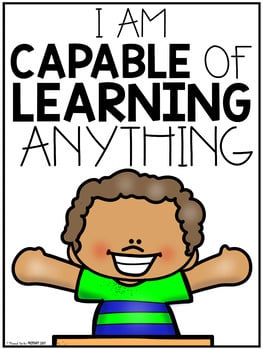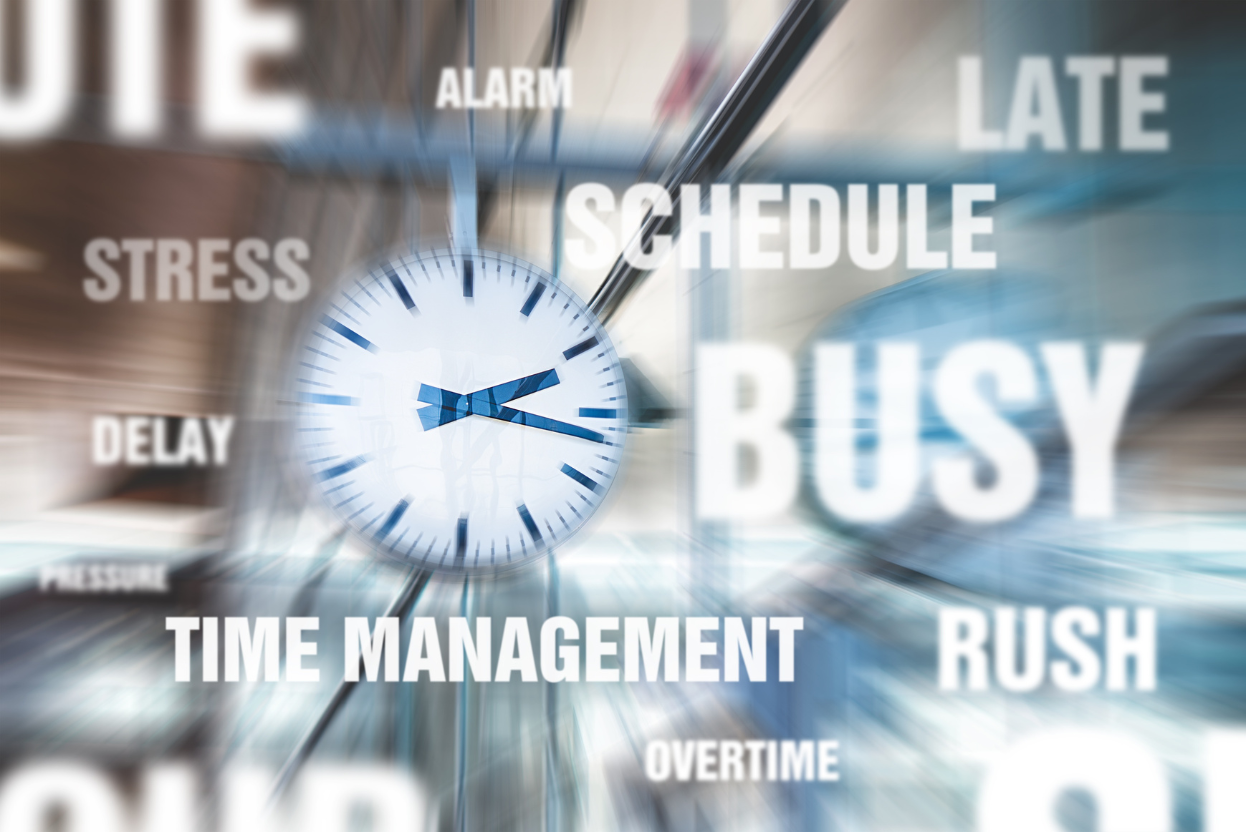Students are in one of the most important stages of their entire lives. The attitudes, habits, and ideas they develop while in school have the potential to shape not only their success in school – but their future careers as well. If you are a parent, teacher, or simply care about younger people in your life – you have a role to play in their development. Specifically in their mindset around learning and growth.
In this article, we’ll help you by walking through:
- Growth Mindset vs. Fixed Mindset in students
- The importance of developing a growth mindset early
- Some helpful tips for catalysing growth mindset in students
- A few growth mindset classroom activities for teachers Growth
Growth Mindset vs. Fixed Mindset in Students
Some students believe they were born with the traits they have, and there’s simply nothing they can do to make themselves more intelligent or skilled. We refer to this as the fixed mindset.

Students with a fixed mindset typically:
- Avoid challenges in the classroom
- Are hesitant to attempt learning new subjects
- Take feedback and criticism poorly
- Give up when tasks or assignments are too hard
- Struggle to collaborate well in groups
The opposite of a fixed mindset is a growth mindset. A growth mindset is the belief that your skills, abilities, and intelligence can be improved over time.
Students with a growth mindset typically:
- Get excited about challenges
- Are engaged while learning new subject matter
- Show perseverance when things don’t go their way
- Treat poor grades as an opportunity to improve
- Collaborate and work well with others
For students, a growth mindset is the difference between failing science because they’re “not a science person” and doubling their efforts to learn the material and pass because they know it’s possible.
Growth mindset helps students bounce back quicker from poor grades, learn and succeed with difficult subjects, and value the learning process more than the outcome.
The Long Term Importance of Growth Mindset
It’s clear that students with a growth mindset will perform better in school. But what about after school?
Growth mindset is about more than just helping students get good grades. Helping them develop a growth mindset at an early age will set them up for long term success, too. Growth mindset impacts careers.
Students who develop a growth mindset while in school are likely to go on to:
- Work hard and succeed in difficult college courses
- Interview well and take rejection in stride
- Continue to develop skills long after they’ve taken their first job
- Adapt well to the changing demands of the future
Most people’s mindsets and thoughts on growth, skill development, and achievement are shaped while in school, since students are incredibly impressionable during this stage of life.
This means the way parents, teachers, and others interact with students will have a direct impact on their mindsets and attitudes for the long haul.

It’s vital those with influence recognise this and make the most of their opportunities.
Fostering a Growth Mindset in Students
Whether or not a student develops a growth mindset is entirely dependent on how their parents, teachers, and others interact with them. If we want to have a positive impact, we must be intentional.
First, we must learn to look for fixed mindset triggers and habits in our students.
Anytime you notice a student get frustrated, deflated, or discouraged in the classroom, ask yourself, “What triggered this?”
Were they assigned a difficult task? Were they working on a new subject? Did they get a bad grade? Did you deliver some tough feedback or criticism? Any of these could be indicative of a fixed mindset trigger.
Once you’ve identified the trigger, you can begin to work with them to change the way they perceive this threat.
Each fixed mindset trigger will require a slightly different approach, but here are some general tips for developing a growth mindset in the students in your life:
- Shift their focus from the outcome (grades) to the learning process and the value in learning new things.
- Help them understand bad grades don’t mean the class was worthless or useless, and their tough experience can help them grow.
- Always reiterate the fact that they can do hard things. Convince them they are capable.
- Process praise by giving them constructive feedback and help them learn to accept it as a good thing.
- Redirect their focus to their own efforts when they’re putting too much emphasis on other student’s success.
Growth Mindset Student Activities
If you’re a teacher, you may benefit from some growth mindset activities in the classroom. This is a great way to contribute to your entire class’ understanding of growth mindset.
Consider some of these classroom activities:
- Student Led Class: If you teach older students, you might try having a group of students lead class discussion. This is a great way to foster a growth mindset in a fun way.
- Read Books That Highlight Growth Mindset: Any book that covers a main character overcoming an obstacle, recovering from a mistake, or doing something hard will encourage your students to do the same. If you can’t think of any, start with The Little Linebacker or The Girl Who Never Made Mistakes
- Write on What You Like About Yourself: Any kind of writing or journal assignment that focused on self esteem will reinforce a growth mindset in your students.
- Create Growth Mindset Posters: Have them create positive and affirming posters that you can hang around the classroom.


Help Your Students Grow
Whether you’re a teacher, parent, aunt, uncle, or just someone who has students in your life – you have a responsibility to shape their mindset.
Teach them they can overcome obstacles, do hard things, develop new skills, and chase their dreams. They aren’t stuck with the skills and predispositions they were born with.
Here’s to your students’ continued growth!





